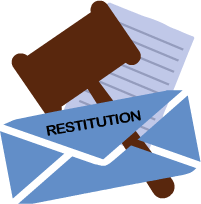The criminal justice process
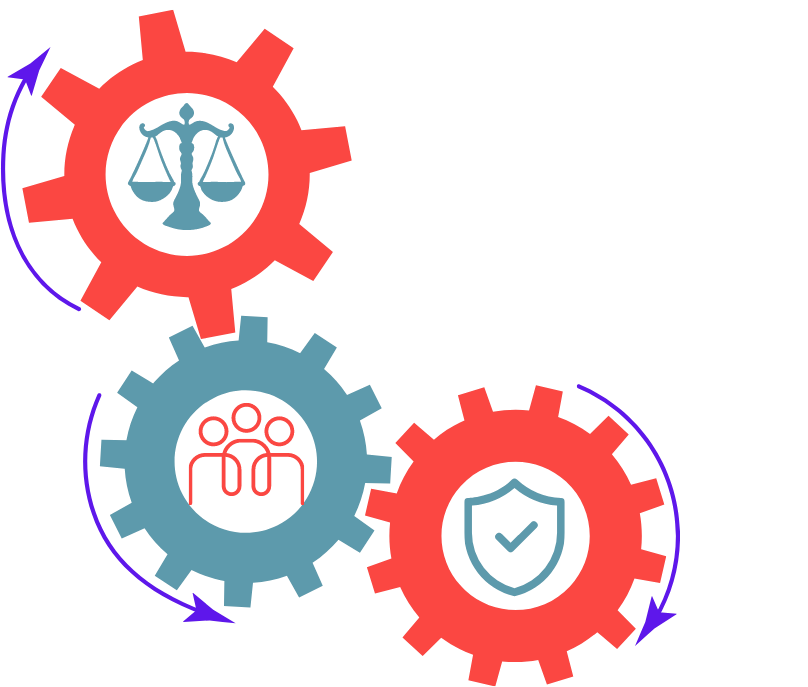
Click the links below to open up pages that give more information about the many steps of the criminal justice process.
These pages may include multiple sections detailing the system's role and the victim's journey through the criminal justice process.
Each page has a link that will bring you back to the complete criminal justice process overview.
-
Reporting
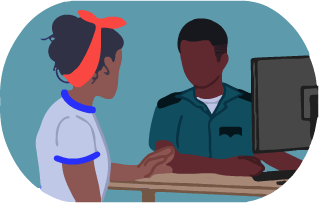
All investigations and cases handled by King County Prosecuting Attorney’s Office must be reported to law enforcement first.
-
Investigation

When a crime is reported to the police, a suspect may be arrested on scene, or after further investigation may be arrested, or charged.
-
Arraignment and charging

Arraignment is the first hearing in which the defendant will be told of the charges that have been filed against them. Most defendants will enter a plea of not guilty.
-
Pre-trial hearings
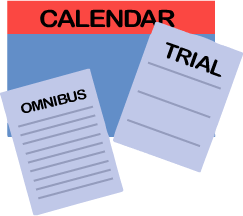
During the pre-trial phase of the process, the court will set hearings to track the case, and check in with the attorneys about their readiness to go to trial or resolve by a plea. These hearings are called omnibus hearings.
-
Negotiations and early resolutions

At any point before trial, the defendant may choose to plead guilty. It’s not uncommon for the prosecutor and defense attorney to negotiate an agreed resolution or plea. Not all cases resolve in a plea, some cases may result in going to trial and some cases may result in charges being dismissed.
-
Plea or no plea
-
Set for trial
-
Trial

Trials occur before a Judge (bench trial) or a Judge and Jury (jury trial). The Prosecutor and Defense attorney present evidence and question witnesses. The State (prosecutor) has the burden to prove their case beyond a reasonable doubt. At the end the Judge or the Jury finds the defendant “guilty” or “not guilty” or if they are unable to agree a “hung jury”.
-
Sentencing hearing
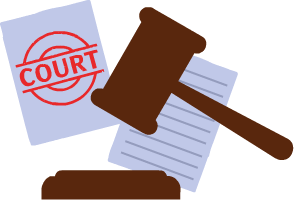
During a sentencing hearing, the Judge will decide the sentence of the defendant. Both the defense and the prosecutor will give their recommendations for the judge to consider. In addition, the victim and/or family member my also have a right to give a victim impact statement to Judge as well.
-
Post sentencing
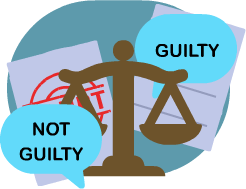
Following the sentencing hearing the court will enter a Judgement and Sentence document into the record, the defendant (now called “offender”) may immediately begin to serve their sentence according to the judge's ruling.
-
Restitution hearing
-
Appeals and resentencing
Videos about the criminal justice process:
Video 1: Investigation and Pre-Filing
Video 2: Arraignment and Charging
Video 3: Pre-Trial and Trial
Video 4: Sentencing and Post-Sentencing

 Translate
Translate


